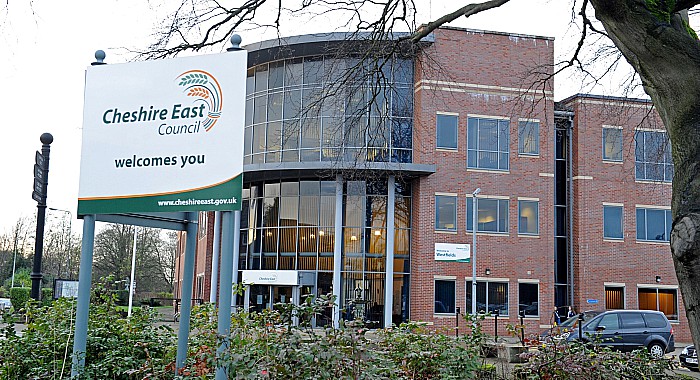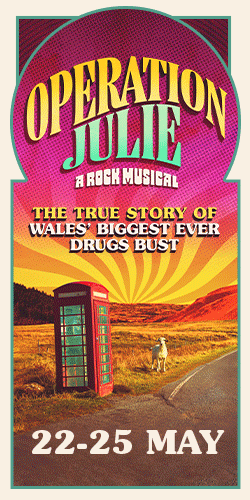
Cheshire East Council has so far achieved just £35,000 of the £135,000 savings it hoped to make by cutting back on the ‘cost of democracy’, writes Belinda Ryan.
The council agreed in February 2023 to reduce the cost of democracy by £135,000 by reviewing the number of committees, reducing use of external venues, freezing councillor allowances and reducing travel and printing costs.
Conservative group leader Cllr Janet Clowes told corporate policy committee on Thursday: “Originally it was intended that £135,000 be cut from the cost of democracy.
“How much of that have we achieved, because obviously there have been a lot of other things that have gone through.”
Brian Reed, head of democratic services, said: “My judgement would be that, with the changes suggested and other efficiencies that we’re always looking for, printing and other efficiencies, we’re possibly in the region of the £35,000 element of that.”
In a bid to achieve the forecast savings, councillors did vote to freeze their allowances for 2023/24.
And suggestions such as cutting back on the number of officers who physically attend meetings to reduce time and travel expenses have also been carried out.
Printed agendas have been replaced by digital, saving both paper and ink costs.
The council also agreed to merge the public rights of way committee with highways and transport to reduce costs.
But members voted against reducing the planning committees from three to two at full council in December – but did not rule out doing it in the future.
And yesterday it was decided the scrutiny committee should also remain in place rather than have its functions incorporated within the relevant service committees.
The role of the council’s scrutiny committee is to scrutinise outside bodies such as the NHS, rather than the council itself.
Cllr Clowes said: “In recent years our roles with outward facing bodies has only increased and is continuing to increase and therefore scrutiny must stay.”
Cllr Liz Wardlaw (Odd Rode, Con), who chairs scrutiny, told the corporate policy committee: “Any savings made from the abolition of the scrutiny committee will be hugely outweighed, I think, by loss of reputation to the council.”
The corporate policy committee did agree that the general licensing sub-committee and Licensing Act sub-committee should be amalgamated to form one sub-committee.

















They then wasted money recruitng another Chief Executive. CHESHIRE East Council spent more than £37,500 on a ‘rigorous recruitment and selection process’ to appoint its new chief executive. In my working life when the Chief Executive left or retired they had a person ready to step into the position.
The Local Democracy Reporting Service asked for the total costs after listening in to a meeting of the appointments committee in the summer, where it became clear the process of recruiting and appointing a new top boss wasn’t going to be cheap.
Today we can reveal the council spent £37,736.84 just on the recruitment process.
In Business words are words, actions are actions and results are everything.
The problem with politicians they are good with with words, the results are a very different matter.
Communities are fed up with words we want actions and results.
There is a very simple solution. Re-define the wards and reduce the number of counsellors from 82 to 60. I am sure this would save the Council Tax Payers of Cheshire East Council far more than the target of £135,000.
We do not m need as many counsellors to represent the population.
In reality the counsellors we have do not represent the view of many people they are elected to represent.
cutting back on the ‘cost of democracy’, utter tosh it should read ‘ working efficiently’ which every form of business has to make, constantly improving standards and cutting out waste, why has it taken the council this long to get their act together?
CEC has a population as per its website of around 460,500 people. With 82 Councillors representing approx 5000 people per member, the question is do we need so many with the advances in communications, the powerbase of a few select members etc.
The 135k can easily be achieved if the numbers are reduced by just 10 members. Perhaps this is something that can be achieved at the next local elections if they have the determination to succeed.